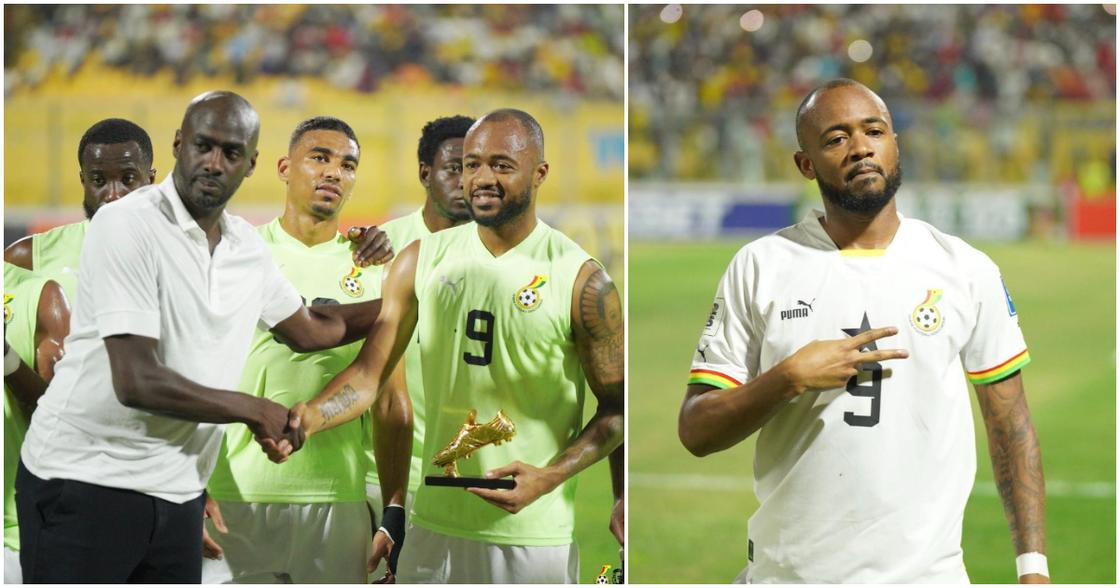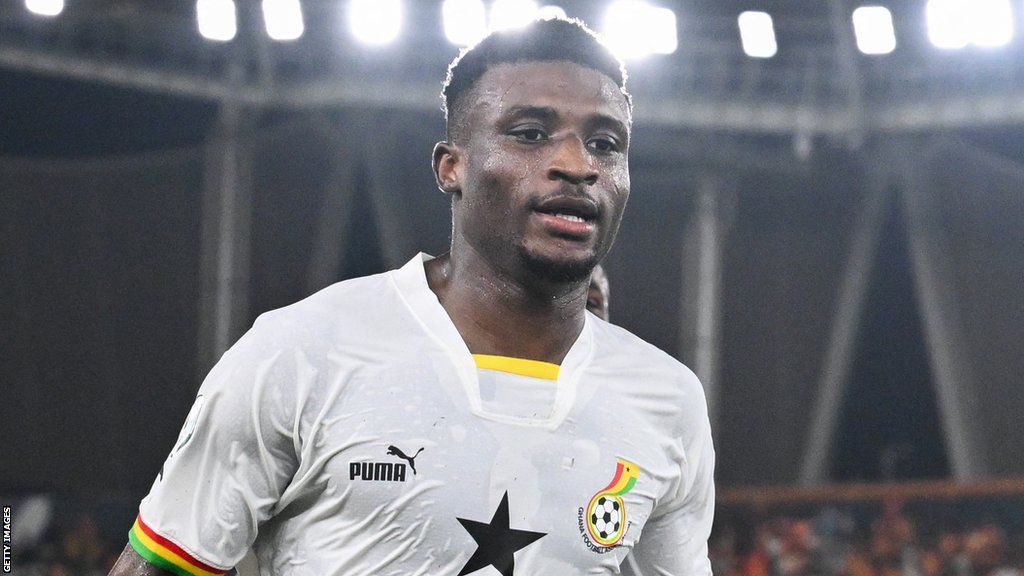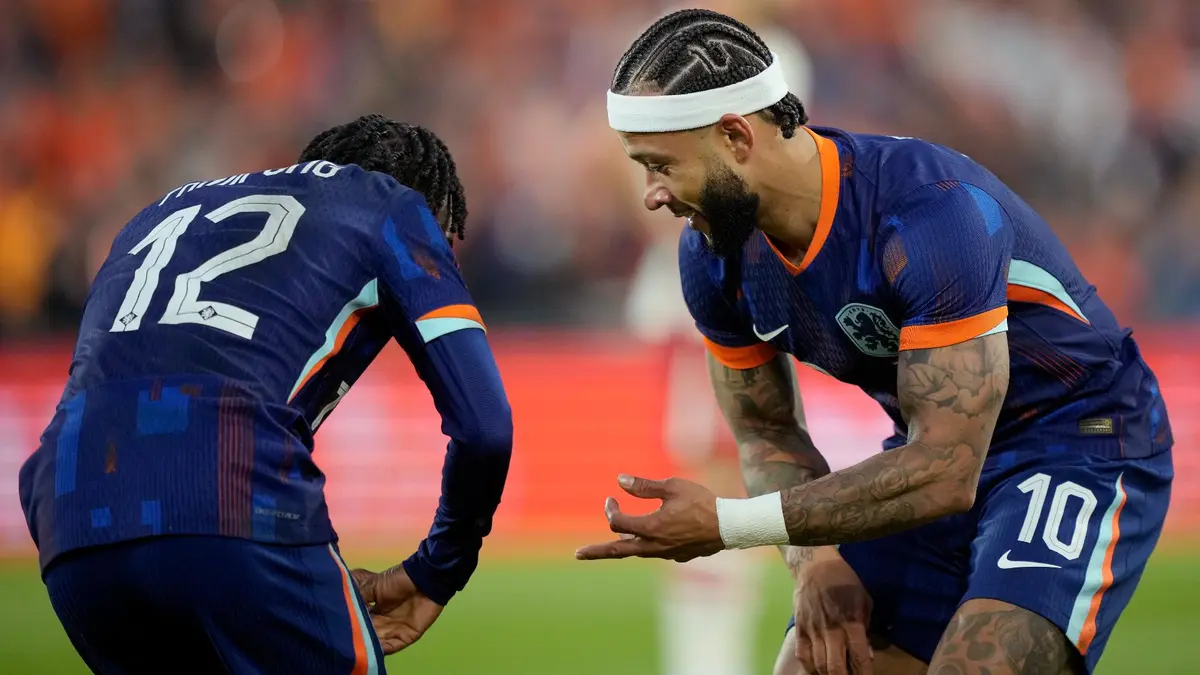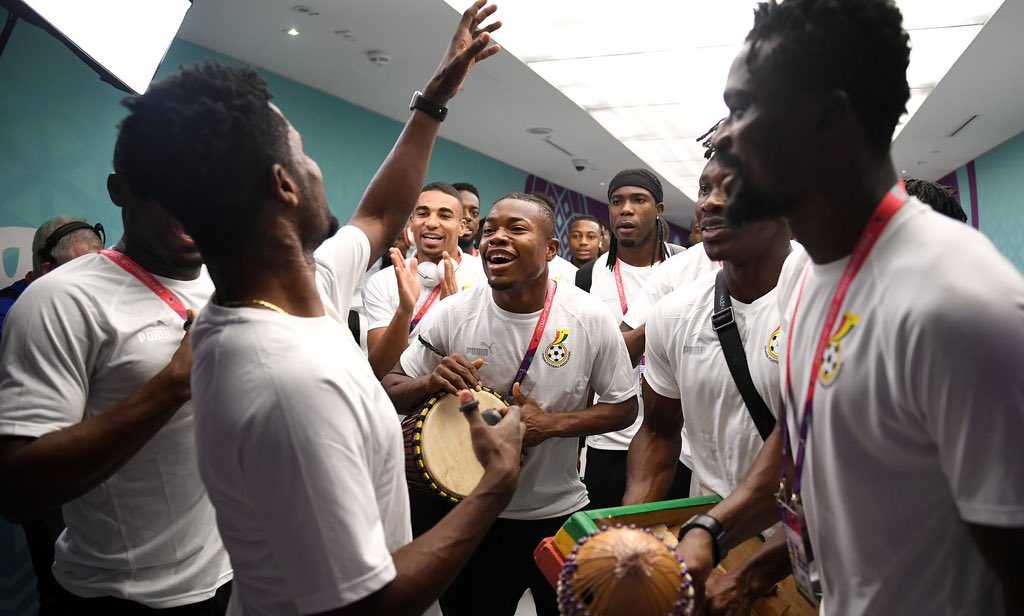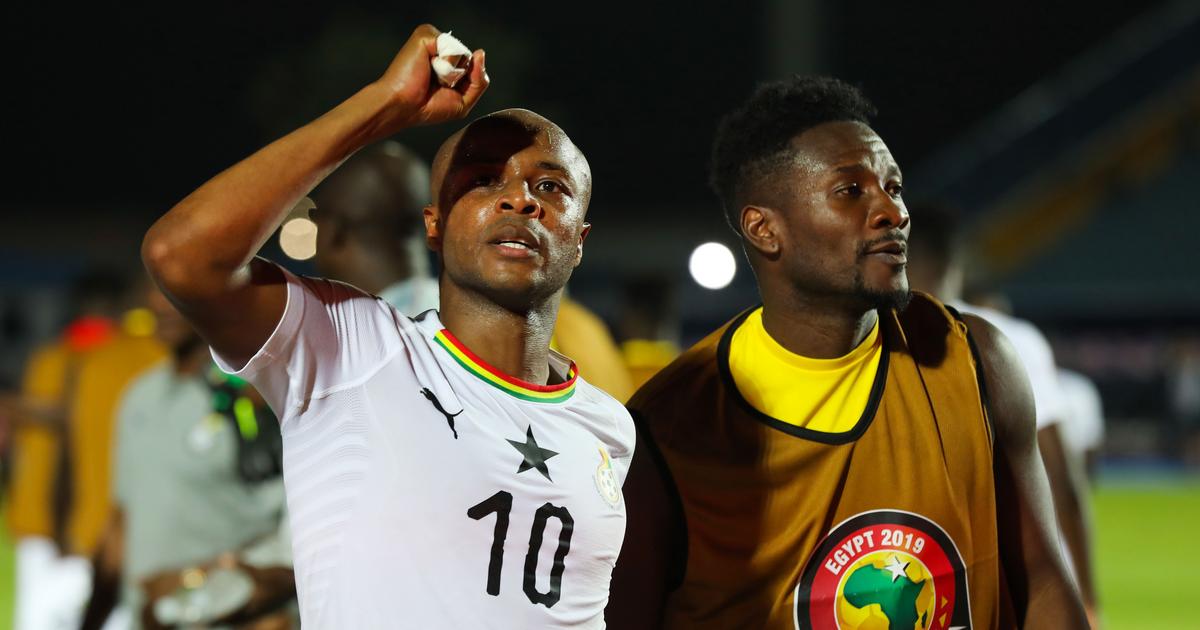There is no plan for our football, says former Ghanaian national team midfielder Emmanuel Agyemang Badu
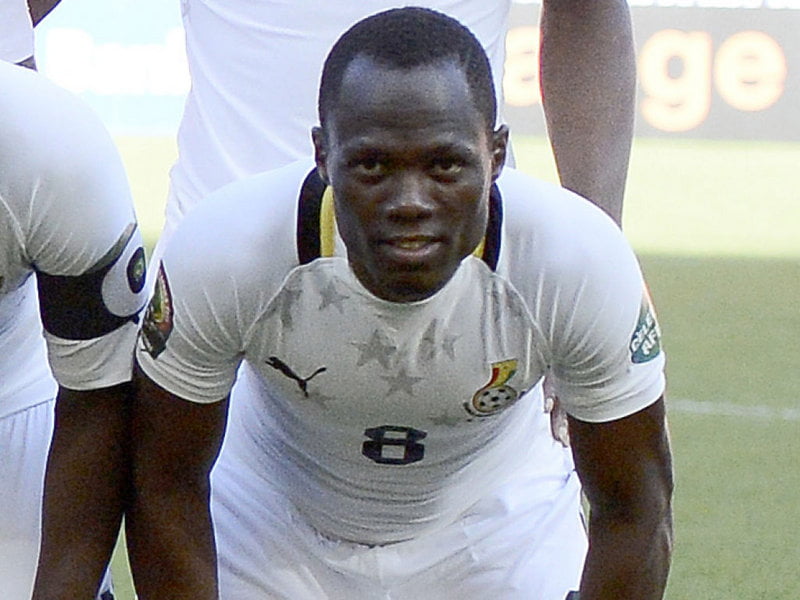
Former Ghanaian national team midfielder Emmanuel Agyemang-Badu has recently voiced his apprehensions regarding the methods employed in squad formation within the senior national team setup. His concerns revolve around the increasing dependence on foreign-trained players, which he perceives as a consequence of a perceived dearth of talent in the domestic player pool. This trend, he argues, has led to a disconnect in player development from youth levels to the Black Stars.
Agyemang-Badu emphasizes the absence of a coherent strategy for nurturing a sustainable and competitive senior national team, drawing a sharp contrast with past successes. He reminisces about the era under Ben Koufie’s leadership, during which a meticulously crafted five-year development plan bore fruit in the form of talents like Michael Essien and Sulley Muntari. This approach, Agyemang-Badu contends, provided a structured pathway for players to ascend from youth teams to the senior squad.
Reflecting on his own journey as a member of the triumphant FIFA U-20 World Cup team in 2009, Agyemang-Badu underscores the seamless integration of players from successful youth setups into the senior team. He recalls how players such as himself, Samuel Inkoom, and Ransford Osei were nurtured through the youth national teams and gradually introduced to the senior setup, ensuring a smooth transition and continuity in talent development.
However, Agyemang-Badu expresses disappointment at the current state of Ghanaian football, particularly the absence of a U-20 team capable of replicating the success of the 2009 squad. He argues that the failure to maintain the standards set by previous generations underscores broader issues within Ghanaian football that require urgent attention.
As Agyemang-Badu reflects on the passage of time since their U-20 triumph, he underscores the failure to replicate the depth of talent seen in previous generations. He suggests that this deficiency reflects systemic challenges within Ghanaian football that must be addressed promptly.
Agyemang-Badu’s comments highlight the need for a strategic approach to talent development and squad formation within Ghanaian football. His insights underscore the importance of investing in youth development programs and establishing a clear pathway for young talents to progress through the ranks and contribute meaningfully to the senior national team.
The former midfielder’s observations resonate with concerns shared by many within the Ghanaian football community, who have witnessed a decline in the quality and depth of talent available for selection at the senior level. Agyemang-Badu’s call for a renewed focus on youth development and long-term planning reflects a collective desire to see Ghanaian football reclaim its former glory on the international stage.
As Ghana grapples with the complexities of modern football, the insights provided by former players like Emmanuel Agyemang-Badu serve as a valuable reminder of the importance of investing in the next generation of talent. By prioritizing youth development and implementing strategic plans for squad formation, Ghana can aspire to compete at the highest levels of the sport and inspire future generations of footballers.
Agyemang-Badu’s concerns about the lack of continuity and development in Ghanaian football raise pertinent questions about the efficacy of current approaches to talent identification and nurturing. His advocacy for a more structured and long-term strategy resonates with stakeholders across the footballing spectrum, highlighting the need for concerted efforts to address systemic challenges and foster sustainable growth within the sport.
In light of Agyemang-Badu’s remarks, there is a clear imperative for Ghanaian football authorities to reassess existing practices and prioritize initiatives aimed at revitalizing youth development. By investing in grassroots programs, establishing robust talent identification mechanisms, and fostering partnerships with local academies and clubs, Ghana can lay the groundwork for a brighter future in football.
Moreover, Agyemang-Badu’s insights underscore the importance of mentorship and guidance for young players as they navigate their footballing journey. By providing support and mentorship opportunities for aspiring talents, Ghana can nurture a generation of players equipped with the skills, knowledge, and resilience to succeed at the highest levels of the game.
In conclusion, Emmanuel Agyemang-Badu’s concerns about the state of Ghanaian football and the need for a more strategic approach to talent development and squad formation are both timely and relevant. His advocacy for a renewed focus on youth development and long-term planning should serve as a catalyst for positive change within the Ghanaian football landscape. By heeding his insights and implementing proactive measures, Ghana can reclaim its status as a powerhouse in African football and inspire future generations of players to excel on the global stage.
